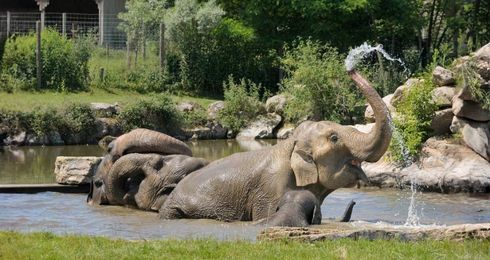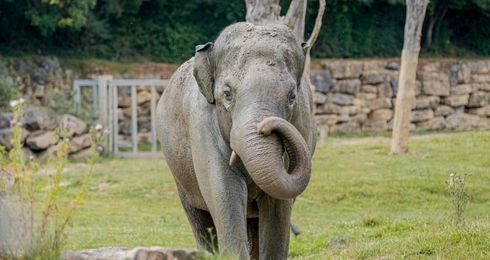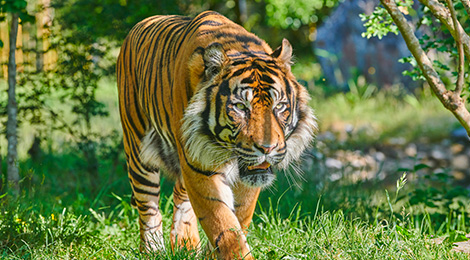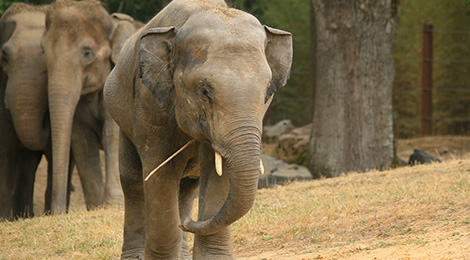News of the Parc
Births, new arrivals, newcomers, tips, tricks, theme days... Discover all the news from Le PAL park.
-
![]()
The Elephant Delta
A new feature for 2026 focused on animal welfare: The Elephant Delta -
![]()
-
![]()
-
![]()
A new journey
After years of unforgettable memories, it is time for us to say goodbye to our iconic monorail, “The Journey Above the World”. -
![]()
A new beginning for Jako
As part of the European Endangered Species Programme (EEP), we are delighted to announce the transfer of our white-collared lemur (Eulemur cinereiceps) Jako, from our park to... -
![]()
New adventures for Taru
In 2012, we were lucky enough to welcome Taru, a magnificent Sumatran tiger, one of the most endangered subspecies in the world. As a reminder, there are less than 400... -
![]()
Goodbye Tom
Since he was very young, to prepare him for his departure to another park, his caregivers have spoken to him in English, since it is a “universal” language. -
![]()
New predators
From April 13, 2024, you will be able to meet our couple of clouded leopards: Sao, a 10-year-old male and Earth, a 15-year-old female...











